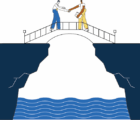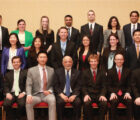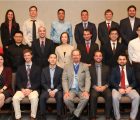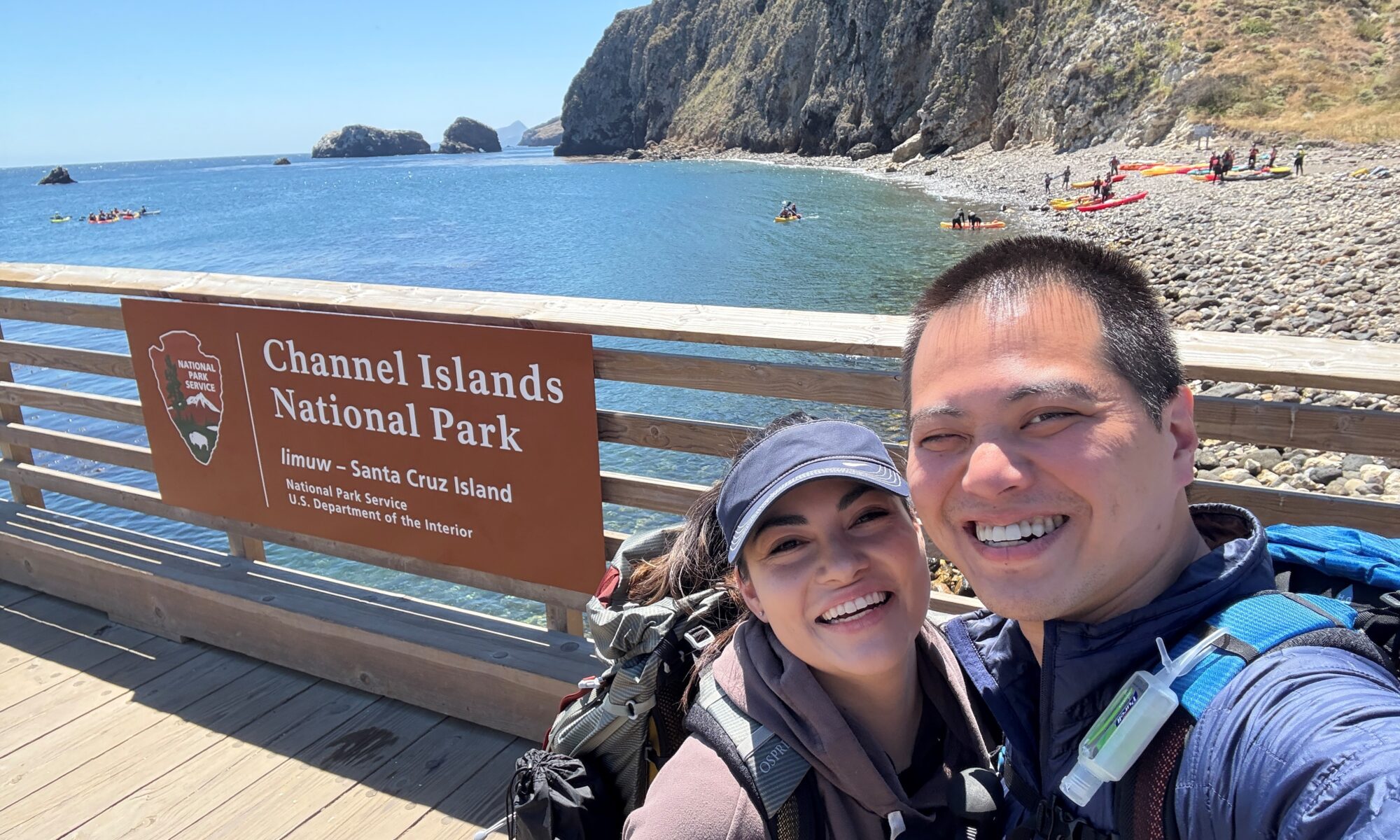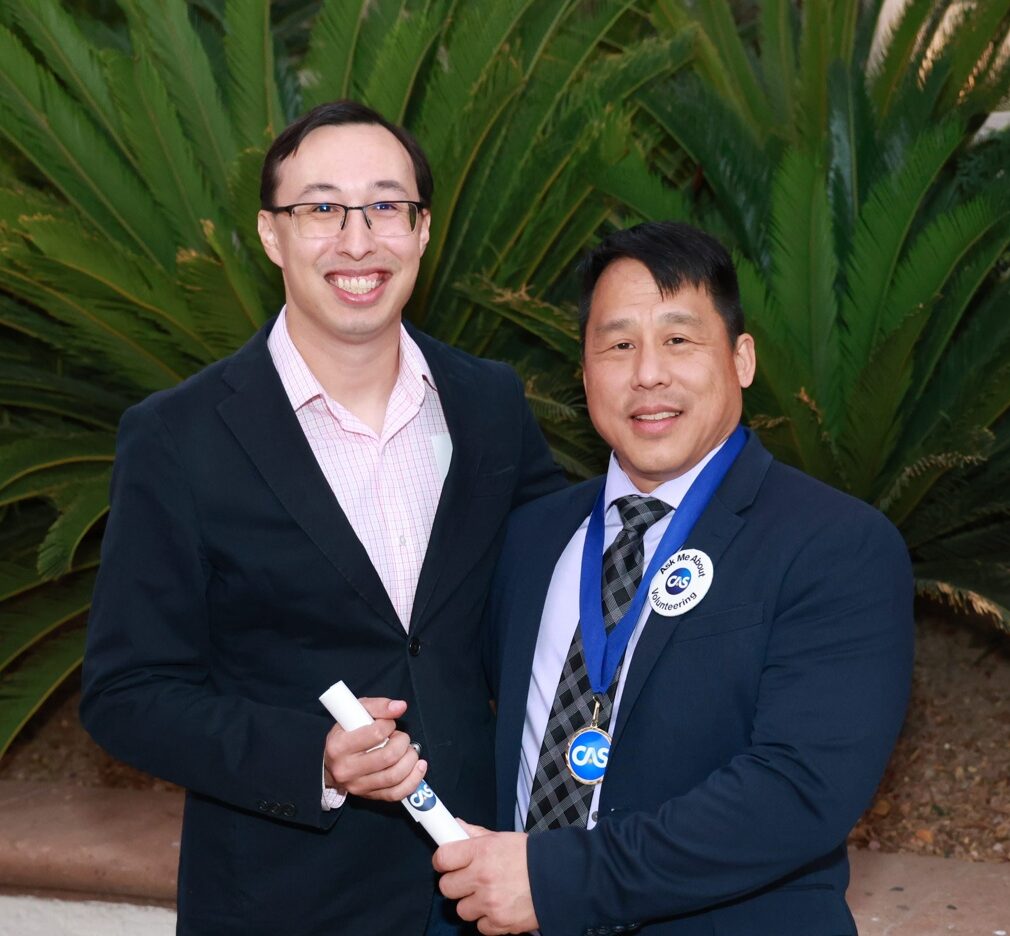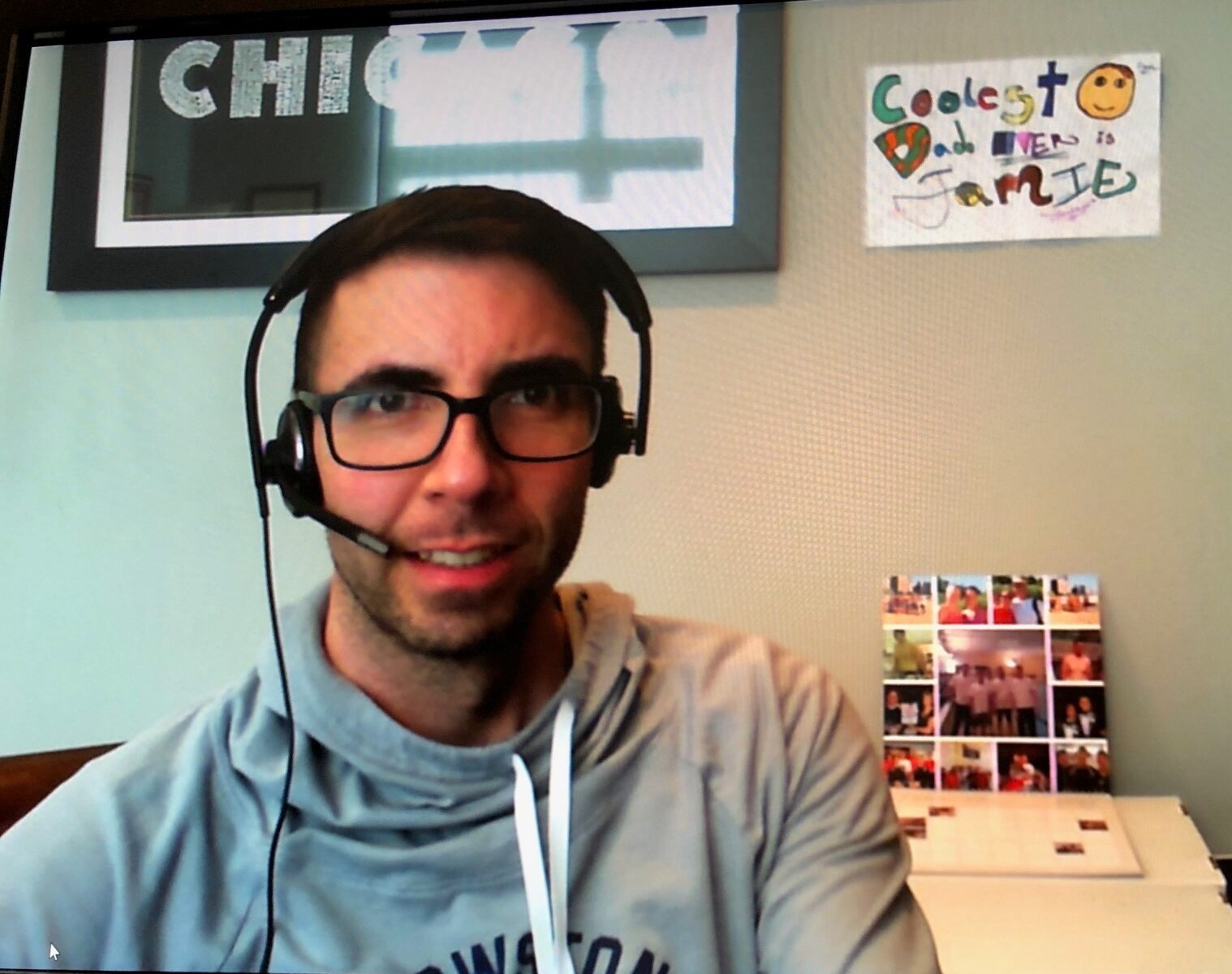
Imagine a young man named Aiden. Aiden had always loved numbers. As a boy, he filled notebooks with puzzles and probability games, and in college, he found himself drawn to courses in math and statistics. When a professor mentioned actuarial science, the idea clicked—here was a career built on logic, analysis, and problem-solving. But as Aiden dug deeper, his excitement was quickly shadowed by doubt. The list of exams looked endless. Completing them all would demand years of time, energy, and money. He wondered if he was ready to risk so much on an uncertain path. Does Aiden’s story sound familiar?
Now, picture Sally, who never imagined herself in insurance. Her career path had taken her through project management, where she sharpened her analytical and communication skills but always felt something was missing. A chance conversation with a former classmate introduced her to actuarial science, and suddenly the pieces fit—here was a profession that valued data-driven strategic thinking, a skill she had been honing for years. But Sally faced challenges unique to career changers: she didn’t have a traditional insurance background, she was balancing exams with a full-time job and family responsibilities, and she sometimes felt unsure where to turn for guidance. If you are or know a career changer, is Sally’s story ringing a bell?
Whether you are a current exam taker or a past exam taker, a “traditional” actuary or a career changer, you can probably relate to the doubt, stress, and demands of the exams. The CAS has always recognized the journey to earning your designation as an arduous one—one that requires support and guidance throughout the entire process from friends, family, and the CAS itself. In 2025, the organization took the next step in making the road to Fellowship as smooth as possible, officially adding “Enhancing the Candidate Experience” as a pillar in its strategic plan. Students like Aiden and Sally can be reassured that Candidate Advocate Working Group (CAWG) members would represent the candidate voice, helping ensure that insights from the candidate experience are heard and considered across CAS initiatives, no matter when a candidate enters the CAS pathway. These members help identify opportunities to improve the exam journey, promote awareness of available resources, and support efforts to enhance the overall candidate development.
In each November/December issue of Actuarial Review, we recognize a working group that has gone above and beyond the call of duty to improve the outcomes for the organization and its members with the utmost care, consideration, commitment, and dedication. With a reinvigorated and reimagined approach to enhancing the candidate experience, the CAWG is the perfect candidate for such a feature.
The CAWG began as the Candidate Liaison Committee (CLC), which for many years served as the voice of exam candidates within the CAS by collecting feedback, publishing the Future Fellows newsletter, and ensuring that candidate perspectives were represented. As the CAS transitioned to a new Volunteer-Staff Model, committees below the Board level were restructured as working groups, leading to the CLC’s evolution into the CAWG. This change not only updated the name but also signaled a shift from simply serving as a liaison for candidates to taking a more active role in representing their perspectives and shaping the future candidate experience.
The group’s leadership structure was also formalized with a volunteer chair and a staff chair, and its placement within CAS moved from Exams and Admissions to Engagement (formerly known as Marketing and Communications), recognizing that its scope extends beyond exams to incorporate the full candidate experience. Today, the CAWG continues its core responsibilities while expanding its focus to include career development and collaborations with other CAS groups, ensuring that candidate voices are consistently represented throughout the organization with a goal to drive consistent change. The CAWG serves as a direct point of contact for candidates to engage with the CAS and admissions working groups by sharing their thoughts and feedback.
“Over the past year, the Candidate Advocate Working Group has evolved by aligning more closely with the CAS Strategic Plan and strengthening our connection with the Syllabus and Examination Committee (SECOM), which has given us greater influence in the ideation, design, and decision-making of initiatives that impact candidates,” says Stephanie Litrenta, director of candidate and employer engagement. “We have continued to produce the Future Fellows newsletter as a resource for candidates while also adjusting the cadence of the Candidate Survey from every other year to every three years to give us more time to act on the feedback received and ensure it generates meaningful recommendations and priorities while continuing to drive clear actions. In addition, with Mindy Moss, CAWG chair, now serving on the Admissions Governance Committee (AGC), we’ve deepened our integration with CAS Leadership, further ensuring that candidate perspectives are represented at critical levels of discussion and planning.”
The CAWG has worked in concert with SECOM to enhance the candidate experience, according to Art Zaremba, SECOM chair. “In my opinion, there is more collaboration between SECOM and CAWG than ever before,” says Zaremba. “Both are included on each group’s recurring meetings. CAWG leadership also attended an annual in-person Admissions Council meeting this year and played a key role at that meeting.”
There are initiatives happening in SECOM as a direct result of their collaboration with the CAWG, like looking for ways to enhance candidates’ score reports, as well as publishing more sample and/or previously used questions.
“With ‘enhancing the candidate experience’ now a key pillar of the new Strategic Plan, our work is more directly leveraged to influence initiatives that shape and improve the candidate journey,” says Litrenta. “A clear example of this is our work around score reports, where our goal is to identify opportunities to enhance the clarity and usefulness of the information provided to candidates. This initiative reflects how our goals align with the strategic plan by ensuring that candidate needs and perspectives are built into improvements that directly impact their journey.”
As chair of the CAWG, Moss offers words of encouragement to those members considering a volunteer role. “Now is a great time to join the CAWG,” says Moss. “We have a great deal on our plate and could use more volunteers to help us. With an entire pillar on the Strategic Plan dedicated to the candidate experience, you’ll have a unique opportunity to really drive change in this working group. Volunteering with the CAWG has not only introduced me to some wonderful people, but it’s also given me an opportunity develop skills that I don’t normally get to hone at work (like writing short articles or leading a group of volunteers).”
Discovering actuarial science is both exhilarating and intimidating. Thanks to the work of the CAWG, students like Aiden and aspiring career-changers like Sally should realize they aren’t alone. Every new resource, every improvement to the exam process, and every effort to listen to candidate voices makes the path feel less daunting.
The fictional stories of Aiden and Sally mirror the very real experiences of thousands of candidates who dream of joining the actuarial profession. The CAWG exists for them—amplifying their concerns, easing their challenges, and ensuring their perspectives shape the future of the CAS. Because of their dedication, more students like Aiden and Sally can take that first step with confidence, knowing the Society is walking alongside them every step of the way.







